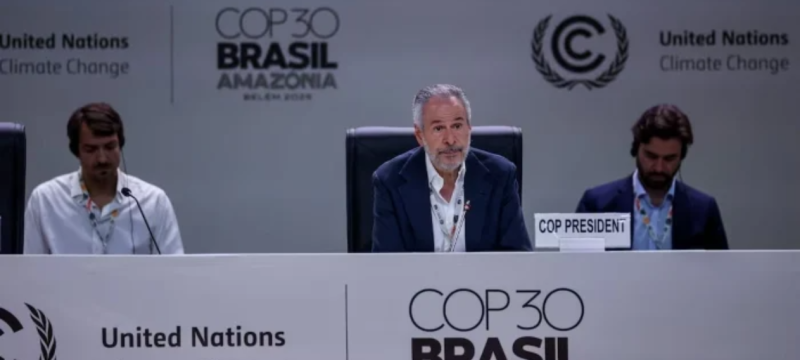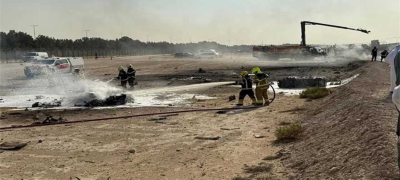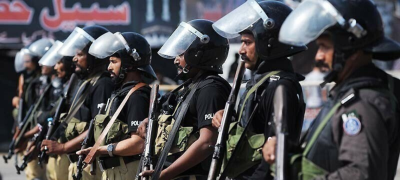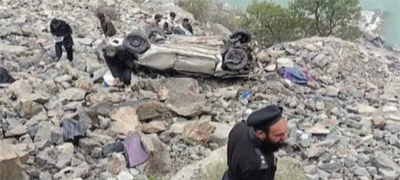The COP30 climate summit in Belém, Brazil, ended with a compromise deal that reflects deep divides over fossil fuel commitments and a growing focus on climate-trade integration.
1. Fossil Fuel Deadlock
Despite mounting pressure from more than 80 countries to phase out oil, gas, and coal, the final agreement does not explicitly mention fossil fuels. Major oil-producing nations including Saudi Arabia, Russia, and others successfully blocked a binding roadmap.
In a late compromise, Brazil’s COP presidency announced voluntary roadmaps outside the formal UN framework: one for transitioning away from fossil fuels and another for reversing deforestation.
2. Boost in Adaptation Financing
A major breakthrough came in climate finance: countries agreed to triple adaptation funding for developing nations, although the target year was extended to 2035 rather than 2030.
This increased funding is aimed at helping vulnerable communities cope with climate impacts like rising sea levels and extreme weather.
3. Just Transition Mechanism
The deal includes a “Just Transition Mechanism” to support workers and regions dependent on fossil fuel industries.
The mechanism underscores the need to balance climate action with social equity and economic stability.
4. Trade and Climate Integration
However, debates remain heated: some nations view carbon border taxes — like those on steel and cement — as protectionist, while others see them as necessary for aligning trade with climate goals.
5. Influential Role of Emerging Economies
Emerging economies, including BRICS and BASIC countries, played a greater role in shaping the COP30 outcome, challenging traditional climate leadership from the EU.
Their resistance on fossil fuel language underlines the tension between economic growth and environmental ambitions.
6. Symbolism and Limitations
A fire at the conference venue disrupted negotiations, serving as a stark symbol of urgency — yet the final agreement was widely criticized as lacking ambition.
Some campaigners called the outcome “meaningful but insufficient,” remarking that without stronger fossil fuel targets, the world risks further climate chaos.
Read More : CM Maryam Nawaz Takes Punjab’s Flagship Projects to Global Stage at COP30 in Brazil









